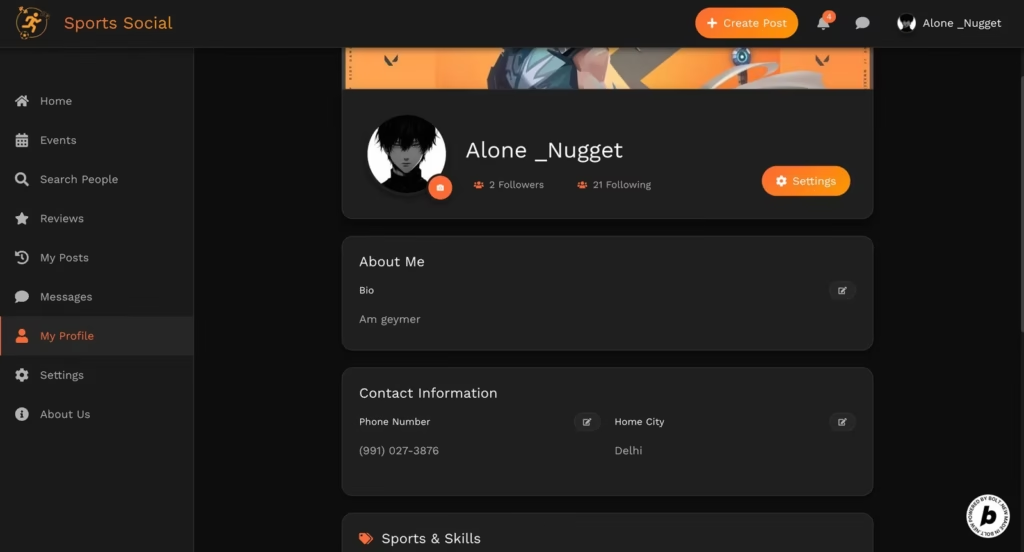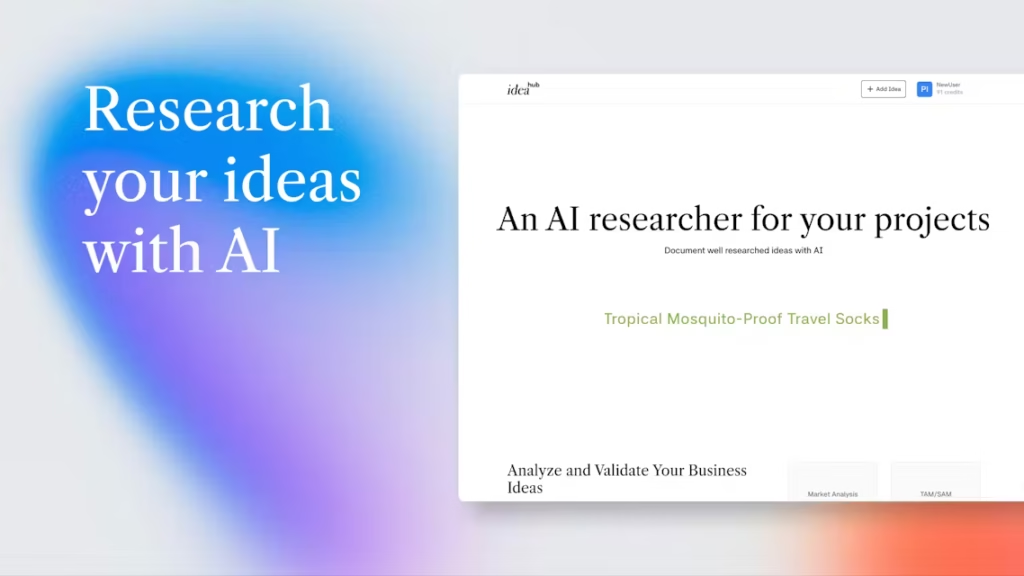Kimi K2 represents a significant leap in open-source AI capabilities. With 1 trillion parameters designed around a mixture-of-experts architecture, it sets new benchmarks for coding performance and agentic intelligence.
Designed for advanced tool use and multi-step workflows, Kimi K2 offers a 128,000-token context window and achieves state-of-the-art results on coding benchmarks like EvalPlus and LiveCodeBench.
Key Features Analysis
Coding Performance
- SOTA Scores: 80.3 on EvalPlus and 26.3 Pass@1 on LiveCodeBench v6, outperforming models like Deepseek-V3-Base.
- Superior real-world coding agent utility noted by users and reviewers.
Reasoning & Benchmarks
- MMLU: 87.8 (general reasoning) and 69.2 on MMLU-pro (harder variations).
- MATH: 70.2 and GSM8k: 92.1 – Demonstrating strong mathematical abilities.
MoE Architecture & Context Window
- 128,000-token context window for extensive input processing.
User Feedback Summary
- Pros: Agentic capabilities, long context handling, strong coding performance.
- Cons: Stability challenges in large MoE models (addressed by proprietary MuonClip).
Positive buzz on forums like Reddit and ProductHunt highlights Kimi K2 as a top competitor to closed models like Claude, thanks to its advanced agentic coding and long context capabilities. Read more detailed user feedback here.
Performance Analysis
- Reliability: High benchmark scores indicate robust performance, though MoE complexity requires careful deployment.
- Speed: Efficient routing to specialized experts optimizes computational efficiency.
- Usability: Open-source nature allows extensive customization and rapid experimentation.
Pricing Analysis
Kimi K2 is completely free and open-source. Available via official channels and GitHub, its cost-effectiveness is highlighted by early adopters compared to API-driven models like Claude or GPT-4.
Frequently Asked Questions (FAQs)
About the Model
- Q1: What is Kimi K2?
A1: An open-source mixture-of-experts language model with 1 trillion parameters designed for agentic intelligence. - Q2: How does Kimi K2’s architecture work?
A2: Uses a mixture-of-experts architecture with 8 specialized experts per token for optimized performance.
Performance
- Q3: What are Kimi K2’s benchmark scores?
A3: Achieves 80.3 on EvalPlus, 26.3 Pass@1 on LiveCodeBench v6. - Q4: How does Kimi K2 handle long-context tasks?
A4: Features a 128,000-token context window for extensive input processing.
Use Cases & Integrations
- Q5: What are Kimi K2’s primary use cases?
A5: Coding automation, multi-step workflows, complex decision-making. - Q6: How can developers integrate Kimi K2?
A6: Through open-source models and transparent documentation available on GitHub.
Comparisons & Alternatives
- Q7: How does Kimi K2 compare to closed models?
A7: Offers similar or superior performance at no cost, rivaling models like Claude. - Q8: What are the limitations of Kimi K2?
A8: Some challenges with stability in large MoE models, addressed by MuonClip optimizer.
Community & Support
- Q9: Where can users find support for Kimi K2?
A9: Through open-source community forums, GitHub documentation, and developer channels. - Q10: What is the user community like?
A10: Actively growing with positive feedback on coding forums and social media platforms.
Final Verdict
Kimi K2 stands out as a top contender in the open-source AI landscape with its exceptional coding performance, reasoning capabilities, and long-context handling.
While it presents challenges in MoE model stability, its open-source nature makes it a cost-effective solution for developers and researchers.
- Pros: SOTA coding performance, robust reasoning, extensive context window, open-source flexibility.
- Cons: Stability challenges in large MoE deployments.
- Ideal For: Developers needing advanced agentic capabilities, researchers exploring model customization.
Recommended for those seeking a powerful, open-source alternative to closed AI models. Explore Kimi K2’s potential in-depth here.



